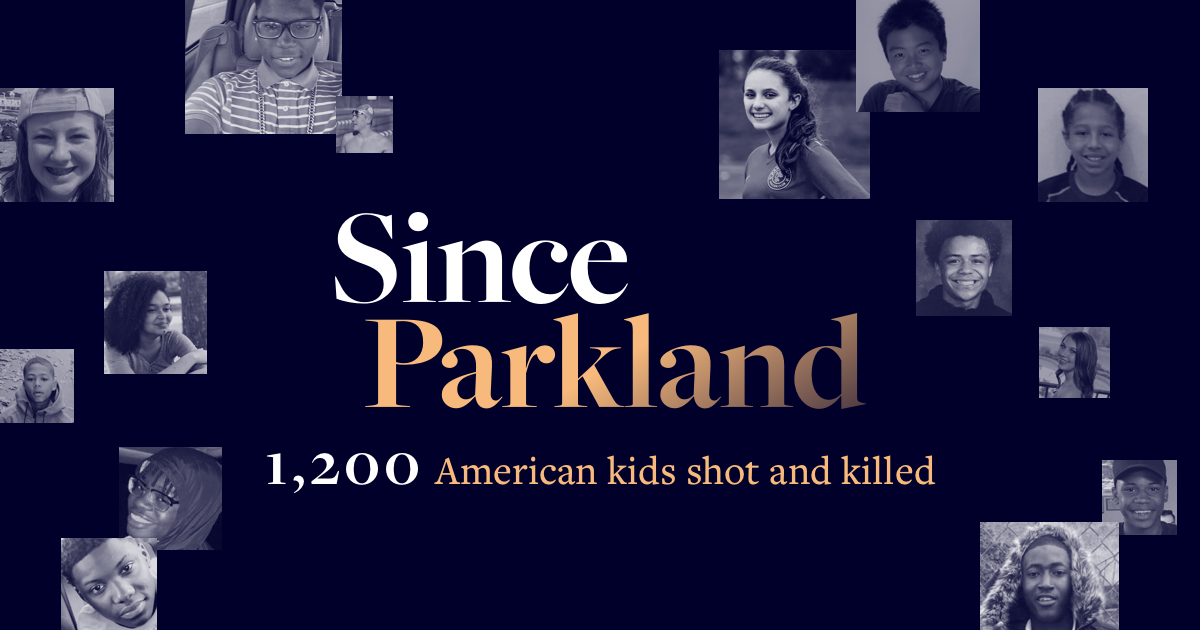President Donald Trump’s nominee to lead the Office of Violence Against Women believes that arming women in domestic violence situations is key to their safety, despite experts’ warnings that the introduction of guns into abusive relationships can imperil victims.
Shannon Lee Goessling, a former Florida prosecutor, has argued that women in domestic violence situations should take up arms against their abusers. In her role as chief legal counsel for the Southeastern Legal Foundation, a conservative attorneys’ group, she wrote an amicus brief for the 2008 Supreme Court case District of Columbia v. Heller, which established the individual right to gun ownership. In the brief, she cited several instances of women shooting romantic partners in self defense and wrote that “women who are confronted with a sexual assault are significantly less likely to experience a completed rape if they resist with a weapon.”
But the consensus among researchers is that encouraging domestic violence survivors to use guns to defend themselves is a bad idea. April Zeoli, an associate professor at the School of Criminal Justice at Michigan State University and an expert on the intersection of domestic violence and guns, concluded in 2015 that “there is no clear evidence that in the hands of victims, firearms are protective.” A far more effective policy, she said, is prohibiting abusers from accessing guns.
Goessling will face a Senate confirmation hearing soon. As head of the Office of Violence Against Women, she would develop programs and services aimed at reducing domestic violence. She’d also direct grants to local, state, and tribal governments, and to courts, nonprofit organizations, and schools.
Susan Sorenson, the executive director of the Ortner Center on Violence & Abuse in Relationships at the University of Pennsylvania, explained that domestic violence victims who do manage to arm themselves can be reluctant to actually use a firearm against their abusers. “The person most likely to assault a woman is a man she knows,” she said. “In that context, a woman isn’t likely to pull a gun — even if she has one — on her male friend, boyfriend, or husband.”
There’s also the possibility that brandishing a gun gives a violent partner a chance to turn it on a victim. “If you put a firearm into the hands of somebody who is untrained and afraid, everything we know about this says it is much more likely to be used against that person,” Kerry Bennett, legal counsel for the Indiana Coalition Against Domestic Violence, told HuffPost in 2017.
Women who do use firearms against their abusers can also face legal repercussions. Last July, a Pennsylvania woman shot and killed her former partner, whom she had a restraining order against, after he burst into her home and assaulted her and her mother. She now faces third-degree murder charges.
The belief that armed women can fend off abusers and rapists is popular in gun rights circles and with conservative politicians. Republican state lawmakers have pushed several bills in recent years that expedite the concealed carry permit process for abused women. A bill that passed the Utah House on Monday would let women with protective orders carry a concealed gun without a permit or training. And legislation introduced in Arkansas in January would waive the permit and training requirement for abuse survivors who have petitioned for an order of protection and give State Police a single day to approve or deny their temporary licenses.


